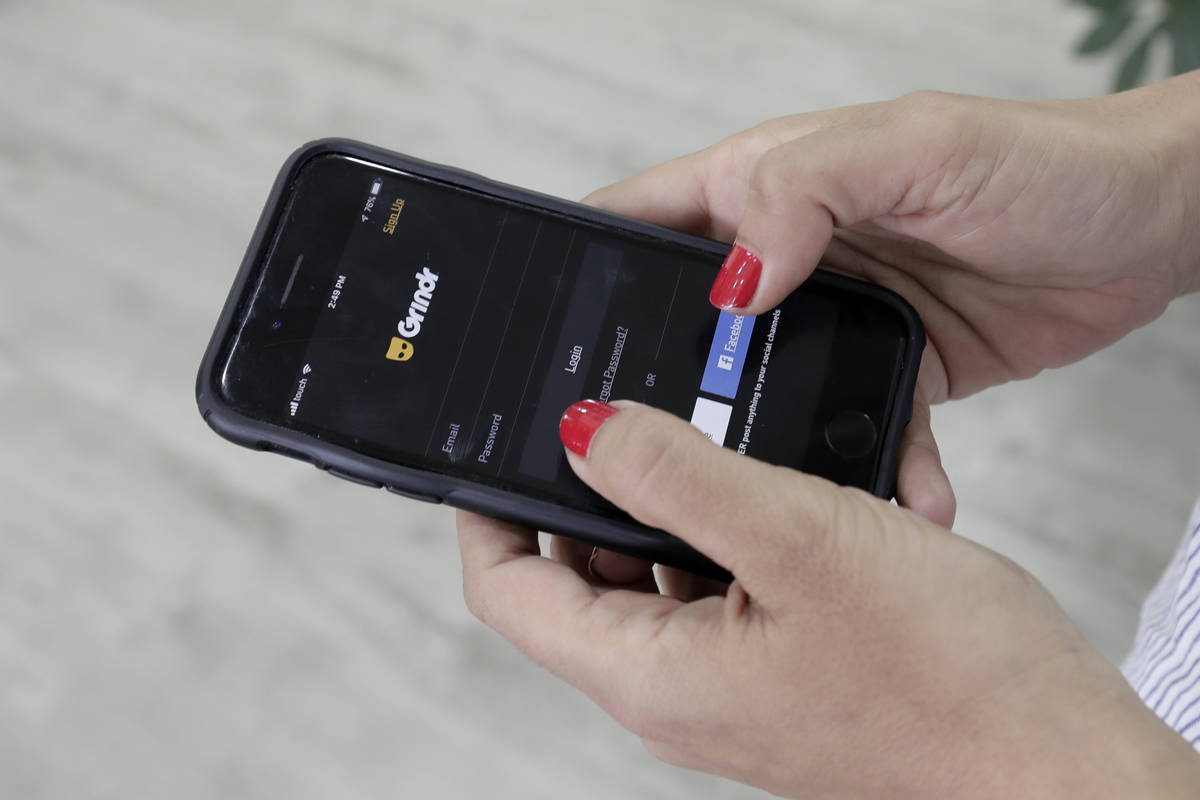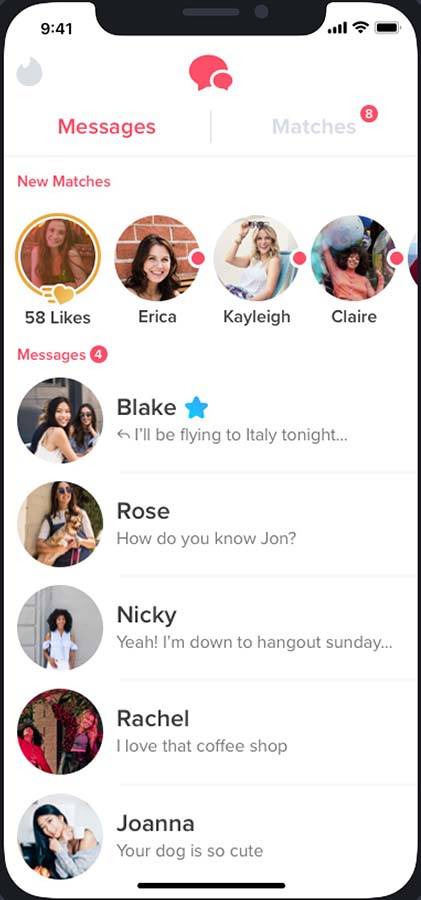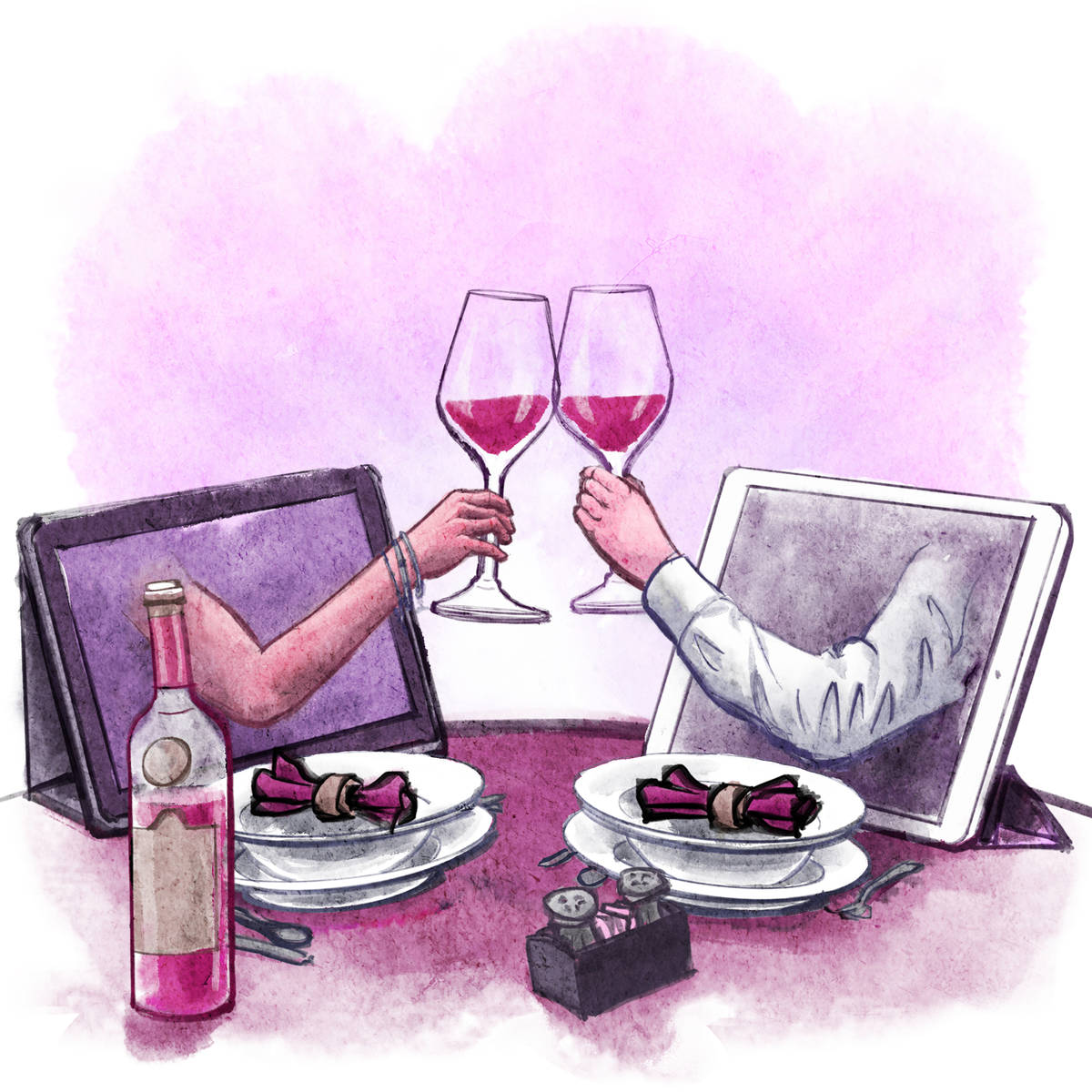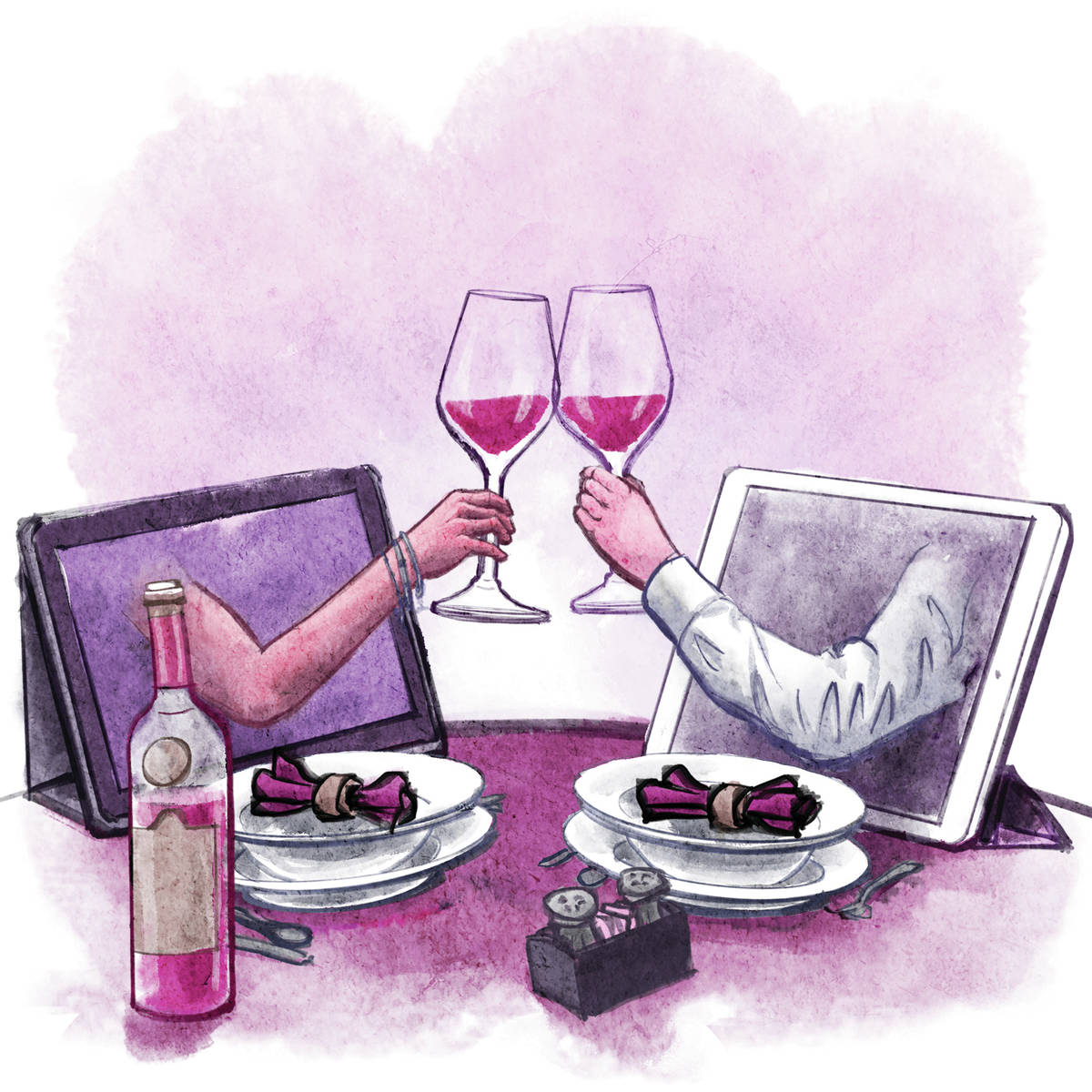Why you may never leave the house for a first date again
For those of you fortunate enough to have been able to work from home these past few months, do you remember that initial burst of freedom?
No commutes. Less time wasted. Even if you were subjected to endless Zoom meetings, you didn’t even have to wear pants, if you were so inclined.
Now apply those same conveniences to dating — with the initial stages happening online thanks to video platforms or virtual features within dating apps that keep users’ contact information private — and you can get a sense of the potential long-term effects our quarantine culture may have on romance.
“Video is not going to go anywhere,” says Rachel DeAlto, chief dating expert for Match, “because we’re realizing how much time and effort we can save by jumping on video with someone versus spending an entire night with someone that we’re not attracted to.”
‘The new condom’
Much of the world may have stopped during our COVID-19 lockdowns, but the search for love never did, Amie Leadingham says.
The Las Vegas dating coach reports that clients have been reaching out more than ever since the coronavirus upended daily life.
“I think people are waking up to the idea of, with this pandemic going on, how much they want love and companionship in their life,” she says.
Leadingham’s clients range in age from 23 to 68, but the majority are 30 to 50. Around 30 percent of them are men.
“The past decade, we’ve been doing the hookup culture,” she says. “It’s really moving into more of a serious, relationship-minded attitude. People who were saying, ‘I’m fine being by myself,’ they’re finally admitting, ‘Actually, I really do want a partner. I do really want to fall in love.’ Spending more time alone, they’re recognizing these are things that are really important to them.”
A virtual date is a good place to start, Leadingham says, to see if there’s enough of a connection to warrant meeting in person.
“Social distancing is like the new condom for everyone. We just have to assume that you might have (coronavirus). We don’t know,” she says. “And so we have to make sure that it’s worth investing and really taking a risk. ‘You’ve got to be the right person to make this worthwhile for me.’ ”
Asked if she thinks our response to the pandemic will have long-term effects, Leadingham lets out an emphatic, “Oh, yeah!”
“I just don’t think people are going to be like, ‘Hey, let’s make out and kiss like we used to on the first date’ or ‘Let’s hook up.’ That is definitely going to change. Even if they have the vaccine, people don’t want to get sick. … I really think, for the most part, that people are really going to be taking things slow.”
Feeling closer, faster
Getting to know each other before meeting may be a slow process, but it can accelerate feelings of intimacy, Las Vegas relationship therapist Katherine Hertlein cautions.
“As we have these conversations, over technology and over media, we are becoming very quickly bonded to that individual in ways that might even surprise us,” she says. “Just sort of be aware that you get really connected, really fast.”
Without the typical distractions of an in-person date — people-watching, eating and drinking and the like — conversations tend to get deeper quicker.
“I don’t think the relationship goes too fast, but I think you get closer to somebody faster than you realize,” advises Hertlein, a couple and family therapy professor at UNLV. “What happens in that case is then people say things like, ‘Oh, because this happened so fast, this person must be my soulmate,’ and then they get really kind of disillusioned when the relationship moves along.”
“The fact that you got close to them in 30 days is not evidence that they’re your soulmate,” she adds. “It’s evidence that the two of you did a lot of self-disclosure and grew together really quickly.”
Video chats on the rise
TAIMI, the Las Vegas-based dating site for LGBTQ users, was at the forefront of in-app video calls when it was founded in 2017. On May 19, Hily, its locally chartered companion site, introduced similar technology.
“People see how easy and comfortable it is to have video calls with a potential match, and there’s no need to go outside and spend your time and spend your money,” says Jake Vygnan, the Ukrainian-born co-founder of both companies. “It’s much faster and safer to do this whole experience of the mutual date on the app.”
Hily has 17.4 million users in 17 countries. The site has seen 23 percent more matches since the start of quarantines. TAIMI, which is available in 45 countries, has more than 6 million users — up from 4.6 million at the start of the outbreak. Its daily activity has risen by 25 percent.
“You can have pretty much the same experience with this mutual date as you could at a restaurant with the person,” Vygnan says of virtual dates. “During this lockdown, we see that usage of our video calls has doubled. … It’s not going away. It’s never going to be the same.”
Comfort at home
Speed dating — those meet-ups that can feel like a mix of timeshare sales pitches and choosing teams for kickball — has moved online, as well. That can help level the playing field, says Amanda Ortiz, director of global events for MyCheekyDate, which operates speed dating events in Las Vegas.
In person, dates can be distracted while checking out each other’s watch, shoes or other status symbols. “You also don’t see their height like you do in person,” Ortiz says, laughing, “so I think that is a major one.”
The company was planning a July launch of its virtual speed-dating sessions but ramped them up in March once stay-at-home measures began. Unlike the stress of regular speed dating, with all the participants crammed into an unfamiliar room, virtual speed dating tends to put clients at ease, she says.
“People feel more comfortable in their homes, and I’m noticing more matches because of it.”
Then there’s the fact that singles can get a better sense of their potential partner with a glimpse of their daily lives right away. Something interesting in the background could spark a conversation or reveal a shared passion.
“I think people are just being more open in general,” Ortiz says, “and choosing more potential matches.”
A decline in hooking up
Quarantines forced many singles to pause and take a long, hard look at how they’ve been dating, says DeAlto, the Match expert who’s been featured on Lifetime’s “Married at First Sight.”
“I 100 percent believe that this is a reset, in so many ways, for our lives, but especially for dating. There was such a culture … where people were just thinking, ‘OK, What’s next? What’s next? What’s next? There’s so many people at my disposal, why am I going to focus any attention on someone when I can just dismiss them because their eye color is not what I’m looking for?’ That shifted. That shifted a lot in terms of people giving people chances.”
With so few available options for in-person dates, singles had been forced to pump the brakes on some of their previous habits. Among Match users, DeAlto has noticed daters spending more time talking to each other.
“It’s really a decline in the hookup culture and an increase in meaningful connections,” she says. “I honestly believe this kind of slow burn that they’ve been forced to have is going to require more effort but also build stronger foundations for relationships post-COVID.”
Contact Christopher Lawrence at clawrence@reviewjournal.com or 702-380-4567. Follow @life_onthecouch on Twitter.
Dating by the numbers
Here are some statistics from dating sites since COVID-19 shutdowns began:
— On Zoosk, profiles mentioning the Golden Knights see a 32 percent increase in incoming messages, while a Raiders mention generates a 42 percent boost.
— Bumble has seen a 69 percent jump in video calls.
— On Hinge, 44 percent of users have been on a video date, and 85 percent of them say it's a better way to get to know someone.
— Conversations in the U.S. have increased 19 percent on Tinder.
— Among Hily users, 38 percent believe virtual sex is a good idea, while 20 percent say they've received more nude photos.






















